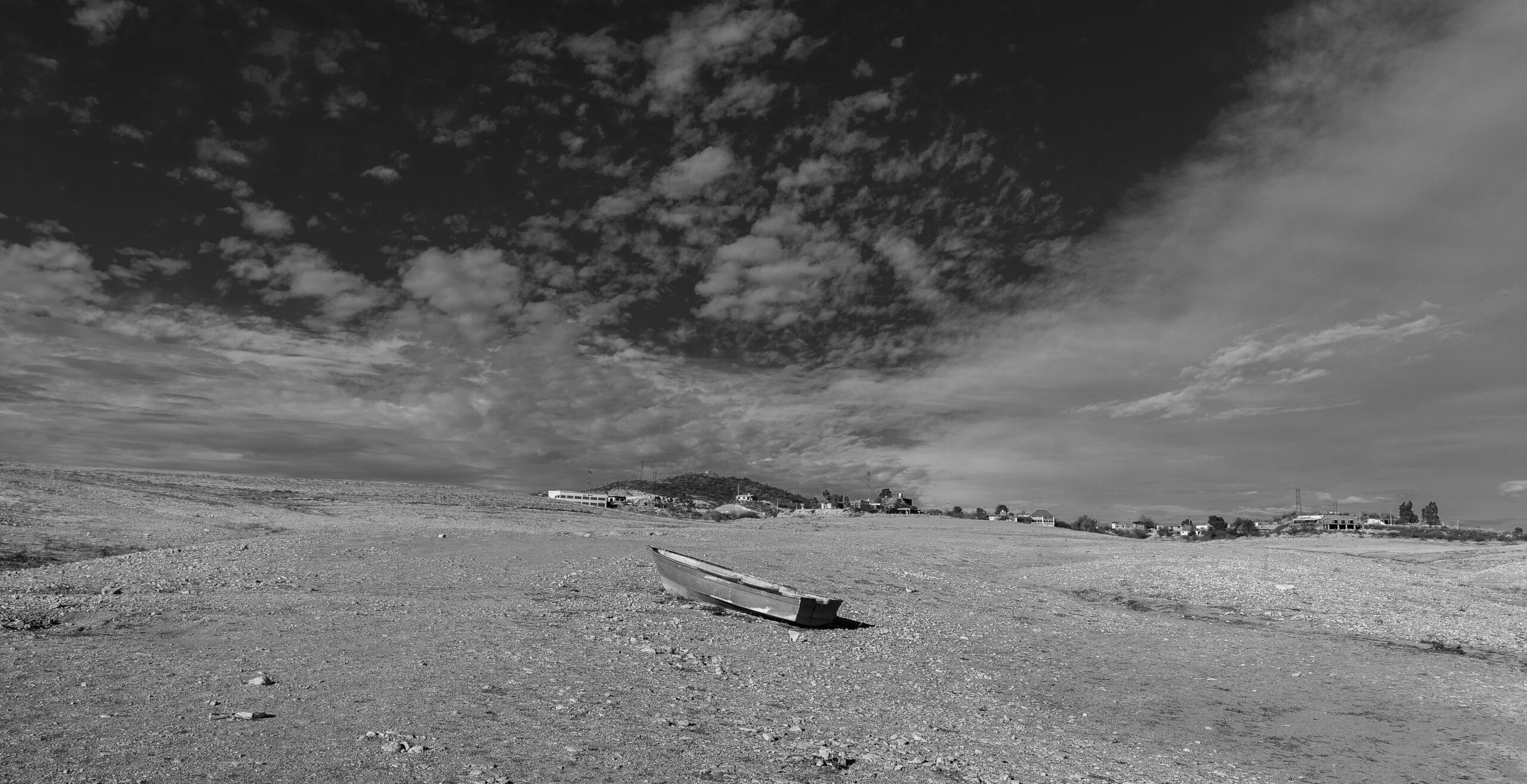ustxtxb_obs_1991_09_06_50_00015-00000_000.pdf
Page 3
PETER ROBERTSON Farm in Chalatenango countryside, El Salvador LAS AMERICAS Army Violence, Peasant Resistance Continue in El Salvador SAN VICENTE, EL SALVADOR Manuel Morales removed the cover from the well and peered down at the shimmer of water below. “It’s sweet water, all right, and it runs deep,” he said. After checking the depth, Morales replaced the cover and looked up at the sun pouring down on this farming cooperative in El Salvador’s rural province of San Vicente. “My God, it’s hot,” he laughed and we moved back to the shade of the farm’s community building. Morales’ life mirrors El Salvador’s civil war. Forced by government bombing in the early 1980s to leave his home town in El Salvador’s rugged northern province of Chalatenango, he and his family joined the tens of thousands of Salvadoran “internal refugees.” They wandered the country for months before settling down near the Guatemalan border. But local military officials disapproved the refugees’ cooperative ways and they were forced back on the road. Morales and others then settled here at El Carmen, growing plantain, corn and sesame to feed and support their community. Drafting only the poor Violence still haunts Morales and the families of El Carmen. Their province of San Vicente is home not only to rich soil but also to El Salvador’s heavily armed Military Engineering Detachment, or DMIFA, as it is known by its Spanish acronym. DMIFA soldiers killed El Carmen’s president outside his home in April 1990, accusing the cooperative of growing food for El Salvador’s guerrilla forces, the Farabundo The Salvadoran Army regularly comes into farming communities like El Carmen to forcibly recruit young men into its ranks. Army leaders explain they are simply insuring the constitutional mandate for military service. Morales and other cooperative members take a different view. Poor Salvadorans say the burden of recruitment falls disproportionately upon the shoulders of their children. “You never see the recruitment trucks driving through Escalon,” said Morales, referring to an exclusive neighborhood in the . capitol, San Salvador. Morales, El Carmen’s acting president since the killing last year, organized a caravan by the leaders of 11 cooperatives in San Vicente. The caravan traveled to the DMIFA headquarters in May this year to demand an end to forced recruitment. Army leaders accused the cooperativists of spreading rumors and threatened to throw them in jail unless they produced solid evidence. “You have stolen the solid evidence: our children,” responded the cooperative leaders, according to Morales. They left the DMIFA barracks without any agreements. New threats to peace El Carmen hopes to work with other cooperatives in the immediate vicinity to form a health clinic this year. Two young women from the cooperative traveled to San Salvador in January to join 10 other students in the study of health care and rural medicine. “They’ll return in August,” said Morales, “and we hope to have at least a provisional building ready for them.” Like many communities , both rural and urban , El Carmen’s plans for the future hang on the hopes of an end to El Salvador’s 11-year civil war. Agreements between the Salvadoran Army and the rebel FMLN were dashed in May as the U.S.-backed government of Alfredo Cristiani demanded that the FMLN lay down its weapons before constitutional reforms would be implemented. Rumors in June of junior officers in the Salvadoran Army demanding a hard-line at the negotiating table contributed to the grim picture. It is widely speculated that junior officers would be the first fired if the Salvadoran Army is scaled down in the wake of negotiated accords. On July 9, FMLN and government negotiators began meetings again in hopes of moving closer to conditions necessary for a genuine cease-fire. More guns, more bloodshed Newly elected National Assembly member Juan Jose Martell, from the Social Democratic Party, a June interview that the United States Congress and the Bush administration are the missing pieces for a negotiated solution to El Salvador’s civil war. “Mixed messages emanate from Washington,” said Martell. “On the one hand they say they want a resolution to regional conflicts so conditions are right for their so-called Free Trade Agreement, but then neither Bush nor the Congress will definitively cut off military aid to the Salvadoran Armed Forces.” Within days of this interview, the Bush administration announced the restoration of $42 million in military aid to El Salvador. Within a week, El Salvador’s national student association’s president was captured by the Army and an urban slum dwellers’ group’s offices were ransacked and the office caretaker was tied up, tortured and killed with knives. A witness who was left for dead described the attackers as wearing army fatigues. Martell’s fears were doubly confirmed when the announcement came in June of the forma tion of a new death squad, the Salvadoran Anti communist Front. or FAS. The FAS threatens See Salvador page 23 THE TEXAS OBSERVER 15


